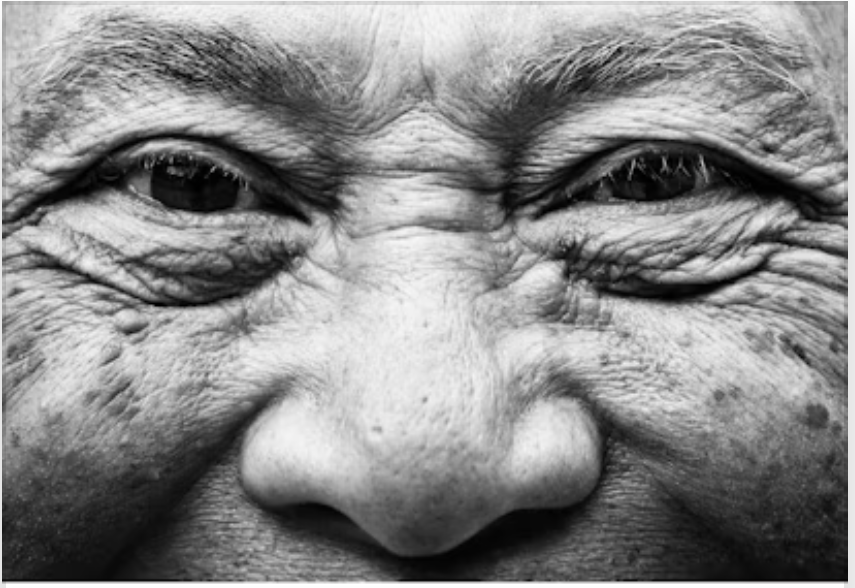UCSB RESEARCHERS TO EXAMINE HOW NEW RELIGIOUS, CULTURAL DIVERSITY WILL SHAPE AMERICA'S SELF-IMAGE
The influences of immigration travel a two-way street.
As the immigrant is changed by his new country, so is the new country changed by the immigrant. And with America's new citizens increasingly coming from places outside the sphere of Judeo-Christian religion and culture, the face of America is changing to reflect influences seldom considered part of the American sphere.
What those changes are and how they affect America's view of itself is the focus of a study by University of California, Santa Barbara religious studies professors Wade Clark Roof and Richard Hecht.
Their study, "Religious Pluralism in Southern California," recently received a three-year $414,000 grant from the Ford Foundation and an additional $40,000 in matching funds from UCSB.
"The Ford Foundation has established this as a very top funding area because it is concerned about the implications in a global world of having all these religious populations thrown together," Roof said.
"The issue of religious tolerance, of people getting along in civic life, is a very important agenda item for the future."
The study presupposes that religion continues to play a role in the lives of most Americans, new and old.
"For all the secularists' theories about the world going secular, it just hasn't happened," Roof said.
It also presupposes that what happens in California soon spreads to the rest of the nation.
And what is happening here is an unprecedented meeting of the world's peoples.
"In Southern California, we've got virtually everyone," Roof said.
"If you want an indicator of how much diversity there is in Southern California, there are approximately 100 different ethnic Buddhist groups here.
With Latinos, it's similar. With Islam, you get scores of nationalities.
And increasingly, you've got African groups who bring another dimension of diversity."
The study will ask a number of key questions.
Many of them involve the transnational tendencies of some expatriate groups -- that is the ability to live part-time in the new American culture, but, by virtue of modern means of communication and travel, to remain closely tied to the homeland.
What, for example, do events in the Middle East mean to Israeli's and Palestinians living in Southern California and how do those events influence Israeli-Palestinian relationships here.
Other questions will be aimed at assessing how America's civil religion - its beliefs about itself -- are changed by immigration.
"Civil religion has to do with what unifies Americans," Roof said.
"Historically, that has been built around Judeo-Christian traditions. Americans have always believed that they were a chosen people, that America was kind of special, that it is the bearer of democracy to the world and has God on its side.
We want to know how all this new diversity affects that."
The team also wants to study how new religious traditions affect American culture, Hecht said.
"The model is that these new religions come to the United States and are impacted by us," Hecht said. Ê"But we want to say that they have an impact on us, too.
"So what we want to find out is what will Thai Buddhists contribute to American civic culture. ÊWhat will Latinos contribute ... ? ÊWhat will Africans? ÊMuslims?"
An offshoot of that question asks how new groups create a presence for themselves in the greater public eye. What are the chances, for example, that an Islamic holiday might one day reach the prominence of St. Patrick's Day or Cinco de Mayo -- or even Christmas.
"Richard is particularly interested in how the calendar in American schools is changing with regard to holidays and such," Roof said.
According to Hecht, the Southern California project may give rise to another in Hawaii.
"In many respects, we feel Hawaii is experiencing a very comparable change in its religious immigrant patterns," he said.
# # #
Contact information for Wade Clark Roof and Richard Hecht:
Wade Clark Roof, Ph.D., University of North Carolina. Professor and department chair. Sociology and psychology of religion,
American religion, generations and religious patterns.
(805) 893-3564, wcroof@humanitas.ucsb.edu Richard D. Hecht, Ph.D., UCLA. Professor. History of religions, Judaic studies.
(805) 893-4552, ariel@humanitas.ucsb.edu



